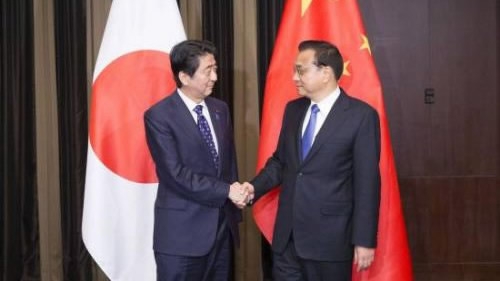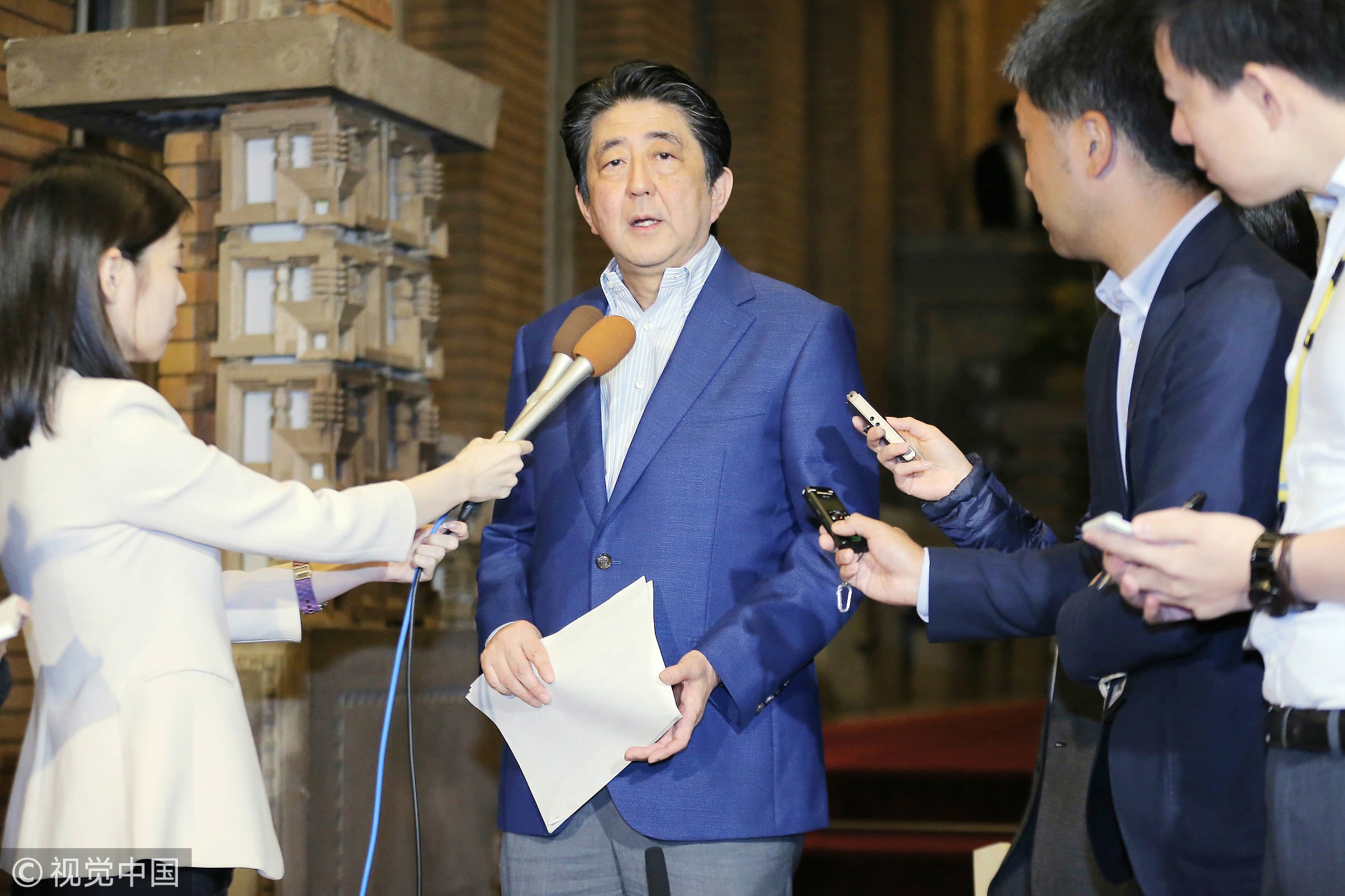
Opinions
16:00, 08-May-2018
Expert: Dialogue is key to improving China-Japan relations
CGTN's Chu Xiaoji

Chinese Premier Li Keqiang pays an unofficial visit to Japan from May 8 for the purpose of attending trilateral talks between China, Japan and Republic of Korea (ROK). During his trip, he will meet Japanese Prime Minister Shinzo Abe and South Korean President Moon Jae-in.
Premier Li's Japan visit is expected to establish a communication mechanism with the Japanese leader and improve the strained ties with Japan caused by territorial disputes and historical events over the past several years. Wang Chong, a senior fellow of the Charhar Institute points out that the sudden thaw in relations between China and Japan can be attributed to Japanese PM Abe's attempt to consolidate his position through economic growth. The past few years witnessed a deterioration in China-Japan relations, which could be partly blamed on Abe's policies.
"The ambition of Abe as a politician is to change Japan's constitution, especially article nine," Wang told CGTN.
In order to achieve his goal, he tried to embed fears into the mind of the Japanese people that a rising China threatens Japan's national security, and the nuclear ambition of the Democratic People's Republic of Korea (DPRK), poses a threat to Japan. "Apparently his ultimate goal is to change Japan's constitution, especially article nine that deprives Japan right to wage wars." Wang says.

Japanese Prime Minister Shinzo Abe, center, speaks to reporters after phone talks with Chinese President Xi Jinping at the prime minister's official residence in Tokyo,on May 4 2018. /VCG Photo
Japanese Prime Minister Shinzo Abe, center, speaks to reporters after phone talks with Chinese President Xi Jinping at the prime minister's official residence in Tokyo,on May 4 2018. /VCG Photo
He uses China and the DPRK as excuses to achieve his goal. However, Wang points out, the inter-Korea talks forced him to shift his focus to domestic economic development, because he can't use the Korean Peninsula issue anymore. Thereby, Wang argues that Abe has to shake hands with China in an effort to enhance national economy with the help of China's investment in Japan.
When it comes to the meeting itself, Wang believes that it's very hard to sign a communication mechanism treaty between the leaders of two sides which have been in discussions for a long time.
"Given this is not an official visit, and not a state visit, it's unlikely the treaty will be signed this time. It's not ready." Wang said to CGTN. However, he asserts that it will be done later in the year when Abe pays his official visit to China.
Wang states that if an agreement is signed, it will contribute to peace in East Asia. "It can solve some problems. It can stop a crisis from rising up out of nowhere." Wang said.
Although China has signed four statements with Japan since 1972, they haven't comprehensively improved China-Japan relations. "The four statements merely ensure peace between China and Japan," Wang noted. But the communication mechanism could help improve ties between the two countries: "A channel of dialogue is a key premise of solving any disputes."

SITEMAP
Copyright © 2018 CGTN. Beijing ICP prepared NO.16065310-3
Copyright © 2018 CGTN. Beijing ICP prepared NO.16065310-3